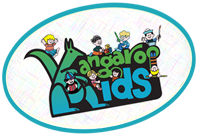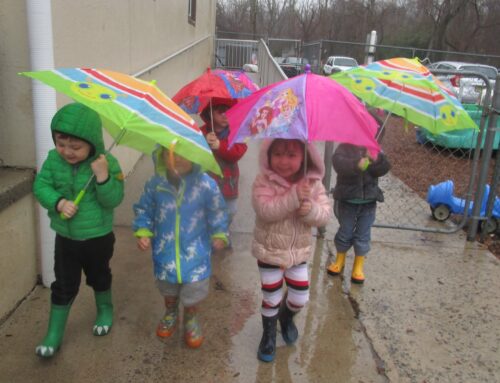Making a Decision: What is Best for My Child?
Research indicates preschool education has many benefits for children. In addition to exposure to curriculum including literacy experiences, mathematical concepts, and science activities, a high quality preschool gives children the opportunity to learn how to socialize, to share and to contribute to society. Making a sound decision about early childhood education is a crucial for a successful start on your child’s lifelong educational journey and there are many aspects to evaluate: teachers, curriculum, philosophies, safety, family partnerships, and environment. So, how do you make the right choice?
In this part we will discuss what should be the deciding factor: Teachers! The adults who interact with your child on a daily basis are key to a positive experience for your child! A warm hug to ease separation anxiety or, conversely, a stern raised eyebrow inappropriately can affect how children perceive themselves and also affect their trust in others. Whether you are considering family care, a nanny, or a center-based program, the people who care for and educate your child are of the utmost importance. Visit the prospective school and observe the teachers’ interactions with children. You should see:
q Teachers in engaged two-way conversations with children
q Teachers interacting at the children’s eye level
q Teachers who are warm, patient and friendly
q Teachers using gentle voices and an encouraging manner
q Teachers and children with lots of smiles and happy faces
q A classroom filled with happy sounds
q Teachers who are organized and prepared
q Teachers giving children the opportunity to choose activities.
According to experienced preschool teacher Sandy Rodrigo, “If a child recognizes you by your knees, you are not doing your job!” In other words, teachers should at the child’s level, sitting on the floor, and making eye contact.
Watch to see if the teacher is actively listening, rather than pre-occupied or distracted with other events in the room, or being dismissive to a child. During active listening you should see the teacher smile, nod, or acknowledge with her body posture she is interested in what the child has to say. Active listening builds a child’s confidence and self worth. Compare the spoken and unspoken interactions you see to those you would see in conversation between two adults who respect each other, and you should see similarities in body language, interest and intensity.
The teacher should be organized and well prepared. Children should have an opportunity to choose activities. A well-prepared and organized teacher provides a role model of organized behavior for children. Choosing their own activities enhances children’s decision-making skills and sends the message that they and their choices are worthy! Making good decisions is a lifelong skill you want children to develop as early as possible so it carries them through their teenage years where their decision-making skills will constantly be tested.
Good teachers are energetic. They enjoy the process of teaching and engaging with children. They look for teachable moments, whether it is a butterfly going by, a leaf falling, or a chance to teach positive social interactions.





